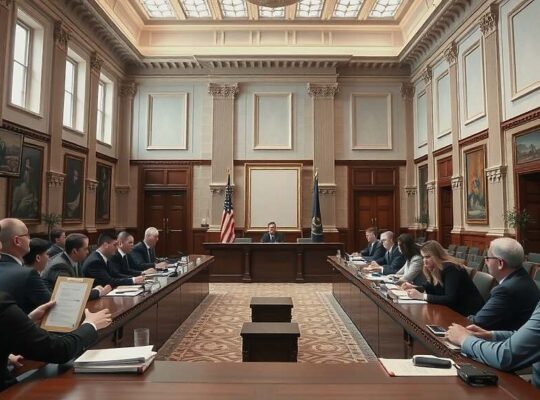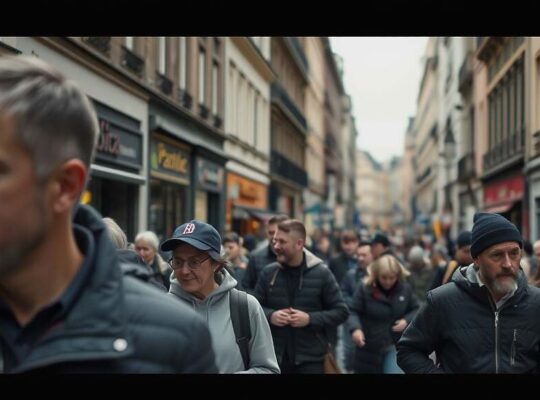A broad consensus is emerging across German parliamentary factions to expand and strengthen legal protections against surreptitious recordings and voyeurism. Concerns have been raised regarding existing legal loopholes that fail to adequately address the growing issue of image-based sexual abuse.
The Social Democrats (SPD) have characterized the current legal situation as “unbearable” emphasizing a “clear” need for action. SPD spokesperson for Legal Affairs and Consumer Protection, Carmen Wegge, stated that secretly filming individuals with sexualized intent represents a significant violation of personal rights and “must be made punishable”. The center-right CDU/CSU (Union) faction has announced plans for discussions with the SPD to explore potential legislative changes.
The impetus for this potential reform stems from a petition demanding stricter penalties for sexually motivated surreptitious filming and photography. Currently, German law (Paragraph 184 of the Criminal Code) primarily focuses on the photographing of specific body parts, such as those hidden under clothing. An incident that gained public attention involved a petition initiator, Yanni Gentsch, who publicly confronted a man filming her in a forest, but was unable to press charges under existing legal frameworks.
The SPD argues that the current law, often referred to as the “upskirting” paragraph, is insufficient. “Clothing or camera angles should not determine whether intrusive behavior can be prosecuted” Wegge explained. “Nobody should have to feel they need to hide in public spaces because others believe they have the right to secretly film based on lust or power fantasies.
The CDU/CSU also acknowledges the need for action. “Whoever secretly films other people with sexual motivation violates their privacy and crosses a clear boundary” stated Susanne Hierl (CSU), the faction’s legal policy spokesperson. The party intends to take the petition seriously and review with its coalition partners whether the existing penalties need adjustment.
The Federal Ministry of Justice, led by SPD member Stefanie Hubig, has stated that it takes “very seriously the developments in the area of image-based sexual abuse”. A recent case involving footage of a female jogger has been labeled “digital voyeurism”. The governing coalition, CDU/CSU and SPD, had previously committed in their agreement to address legislative gaps in criminal law concerning image-based sexual exploitation and potentially encompass new manifestations. A ministry spokesperson indicated the ministry is currently exploring the best way to implement these commitments.
Opposition parties have also voiced support for reform. Tobias Matthias Peterka, legal policy spokesperson for the AfD, described the call for strengthened criminal law as “justified and should be supported”. Lena Gumnior, Green Party spokesperson on the legal affairs committee, stated the petition offered “a building block in combating sexual violence” and highlighted that “the right to sexual self-determination is no second-class right – it is just as worthy of protection as the right to property protection in the supermarket.
The Left party, while critical of voyeuristic acts, is hesitant to support a legislative change. Luke Hoß, a member of the Legal Affairs Committee for the Left party, acknowledged the degrading nature of such acts and their infringement on sexual self-determination, calling it an “expression of deeper societal sexism”. However, he expressed a general skepticism towards stricter penalties, arguing they do not necessarily lead to a reduction in crime rates.












